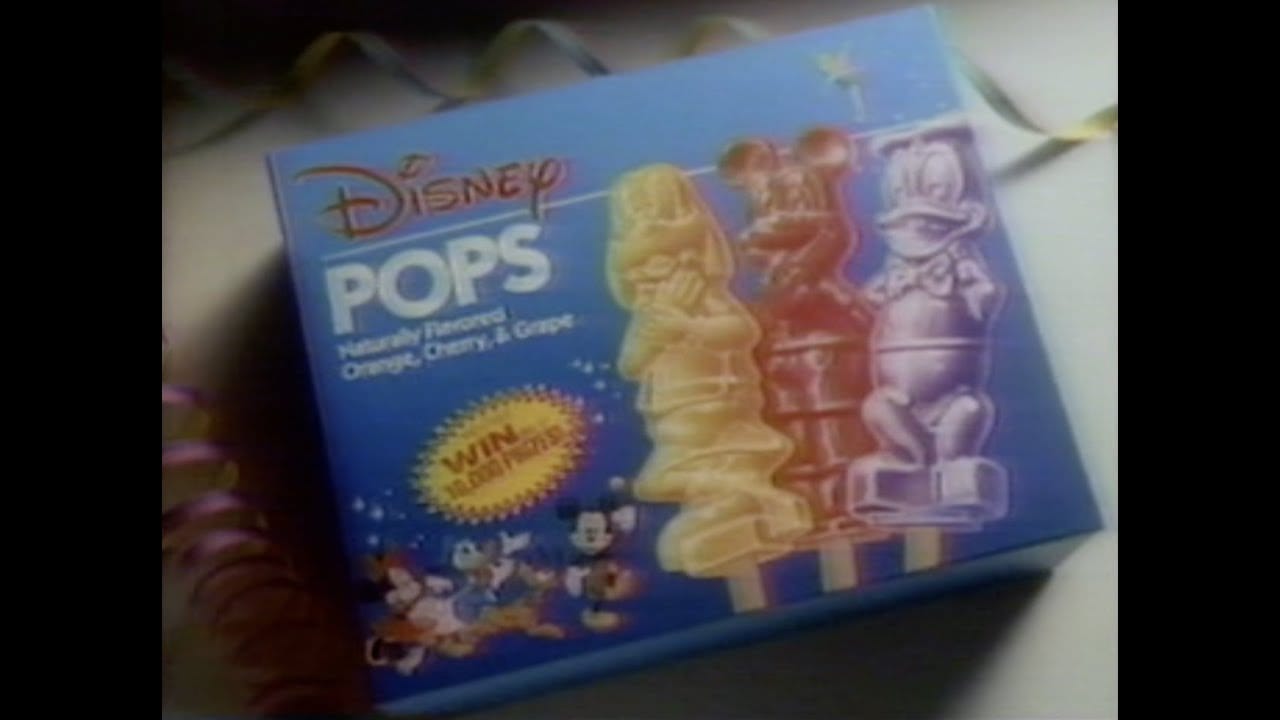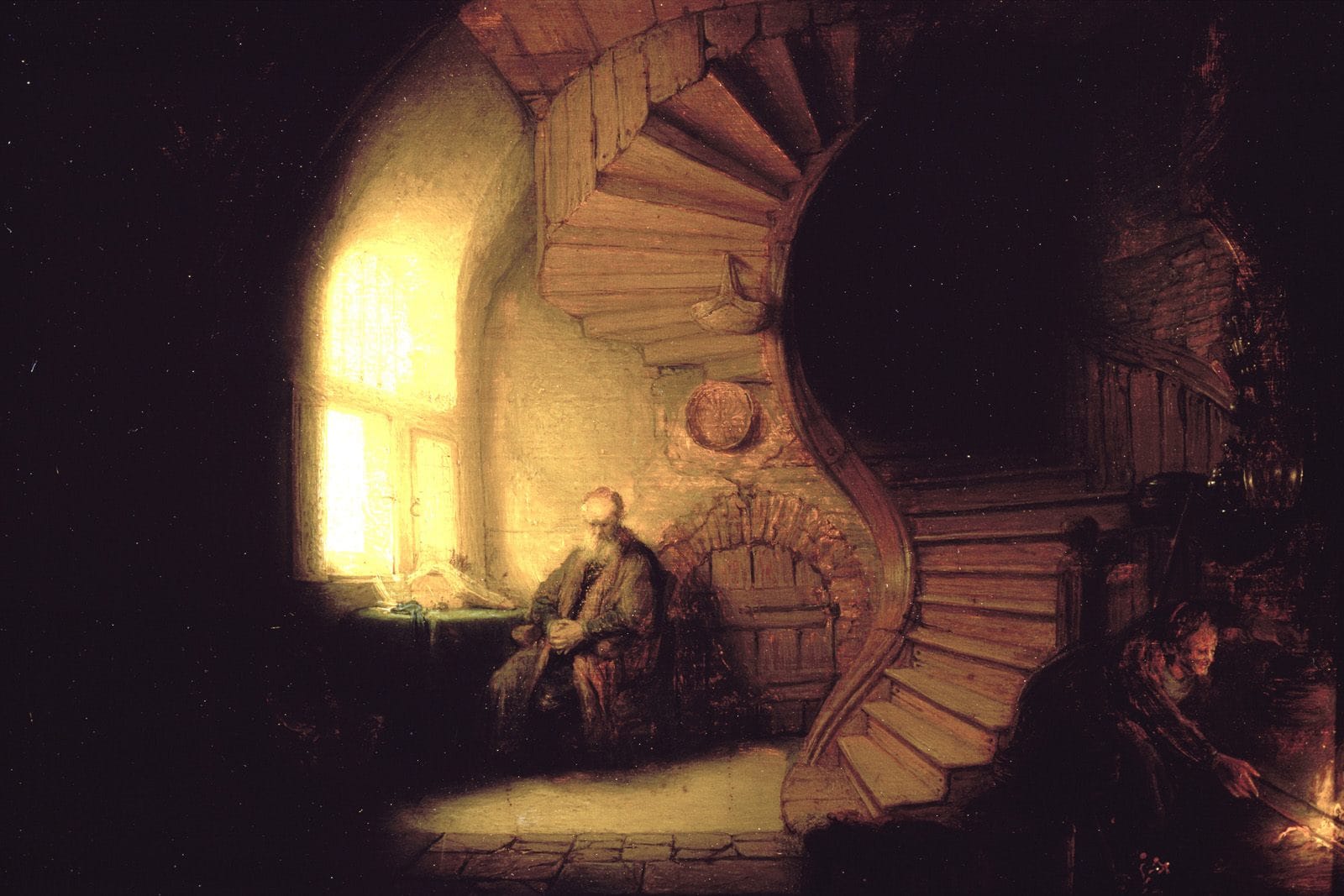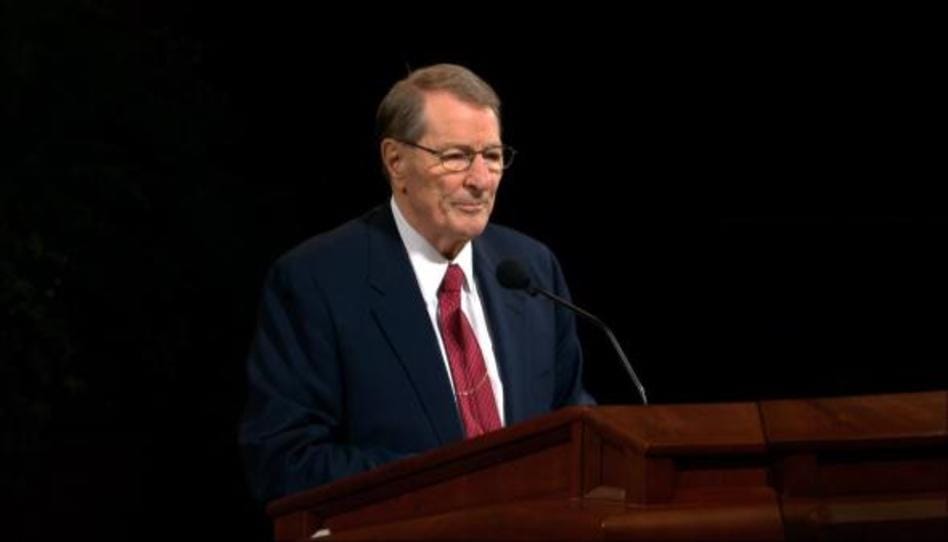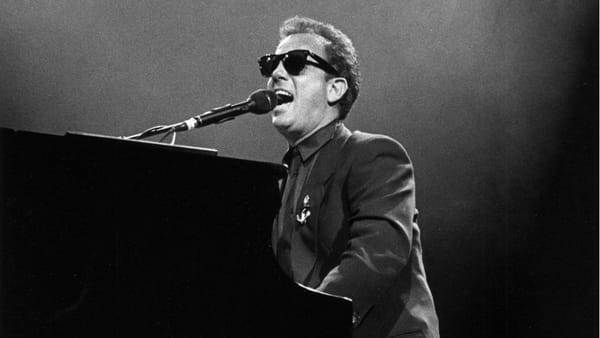The Past is a Paradise
The other day, I saw a screenshot of a product I hadn't thought about since the 1980s:

Just seeing that photo brought back the taste of the popsicle, the sound it made when you bit into it, and even the smell and feel of the basement from which I watched the commercial on television. It's crazy how much is stored deep inside the brain.
It's also crazy to think of how many memories have been lost.
About a year before my grandpa passed away, he called me on the phone and we had a nice conversation. He spoke of his birthday as if it were that day, but it was not. When he realized the mistake he laughed and said, "I can’t tell you because you wouldn’t understand, but the brain just goes nutty."
For a man so concise in his details and story-telling, I know that was hard to admit. Minor episodes like that one, and some much more severe conditions like Alzheimers, can be so difficult.
Authors Mourn Losing the Past

Mary Warnock wrote about how “Anything that is over . . . is a lost possession. . . . The past is a paradise from which we are necessarily excluded.” She went on to relay a writer who realized past experiences once shared “are now his alone. . . . The past continually comes to him; but he knows that he can never go back to it.”
And CS Lewis mourned that we will continue to experience the unwelcome sense “of having ended a chapter. One more portion of one’s self slipping away into the past.”
For many, this can be hard to accept.
Some Things That Help
Our senses have a way of bringing memories back. Whether it's a familiar smell or favorite music, your mind can recall what it previously had forgotten.
Journal writing is another way to cheat Father Time. I am an avid journal writer, but for many years I also kept a Memory Journal. It was a daily task to write down a memory from my life that I had never written and was at risk of being lost at some point. Now 20 years later, I'm so glad I did that.
Sleep is another major help. From a book I recently read called Stolen Focus:
When we sleep, our minds start to identify connections and patterns from what we’ve experienced during the day. This is one of the key sources of our creativity—it’s why narcoleptic people, who sleep a lot, are significantly more creative. Sleep deprivation damages memory as well. When you go to bed tonight, your mind will start to transfer the things you have learned during the day into your long-term memory.
Early to bed, early to rise can indeed make you more wise.
A Restoration of Memories
I was recently studying about memory and the Gospel of Jesus Christ. I was so happy to find that Neal A Maxwell, an Apostle of Jesus Christ, a literary hero, and a man whose funeral I attended in 2004, taught occasionally on this subject.

On the restoration of memories, he shared the following:
Most of you are too young to appreciate how those of us who are older feel as the sense of memory slips away. I can safely hide my own Easter eggs now.
Among “all things . . . restored” will be our memories (see Alma 11:43; 40:23), including eventually our premortal memories. What a flood of feeling and fact will come to us then, as a loving God deems wise, increasing our gratefulness for God’s long-suffering love and Jesus’ atonement. What joy upon being connected again with the memories of both the first and second estates!
Did you catch that last part? First and Second estates? Things that happened in this life and in the time before we came to this earth will be among the memories restored. How powerful to know that it all remains in the mind somewhere. It will be so beneficial. How?
More from Elder Maxwell in a different presentation:
One day we will understand fully how complete our commitment was in our first estate in accepting the very conditions of challenge in our second estate about which we sometimes complain in this school of stress. Our collective and personal premortal promises will then be laid clearly before us...
Just as no two snowflakes are precisely alike in design, so the configuration of life’s challenges differs also. Some of our experiences are not fully shareable with others. Thus, others, try as they may, cannot fully appreciate them. They must trust us, our generalizations and testimonies concerning these experiences. A few of our experiences should not even be shared. But it is useful to ponder the past examples of our partners on the pathway.
What to do?
So, in big or small ways, memory loss eventually comes for us all. We should preserve what we can and look forward to more restoration in the future. Even so, the most important time to focus on is now.
As Tim Riggins would say in the face of life's adventures, "Let's make some memories."



